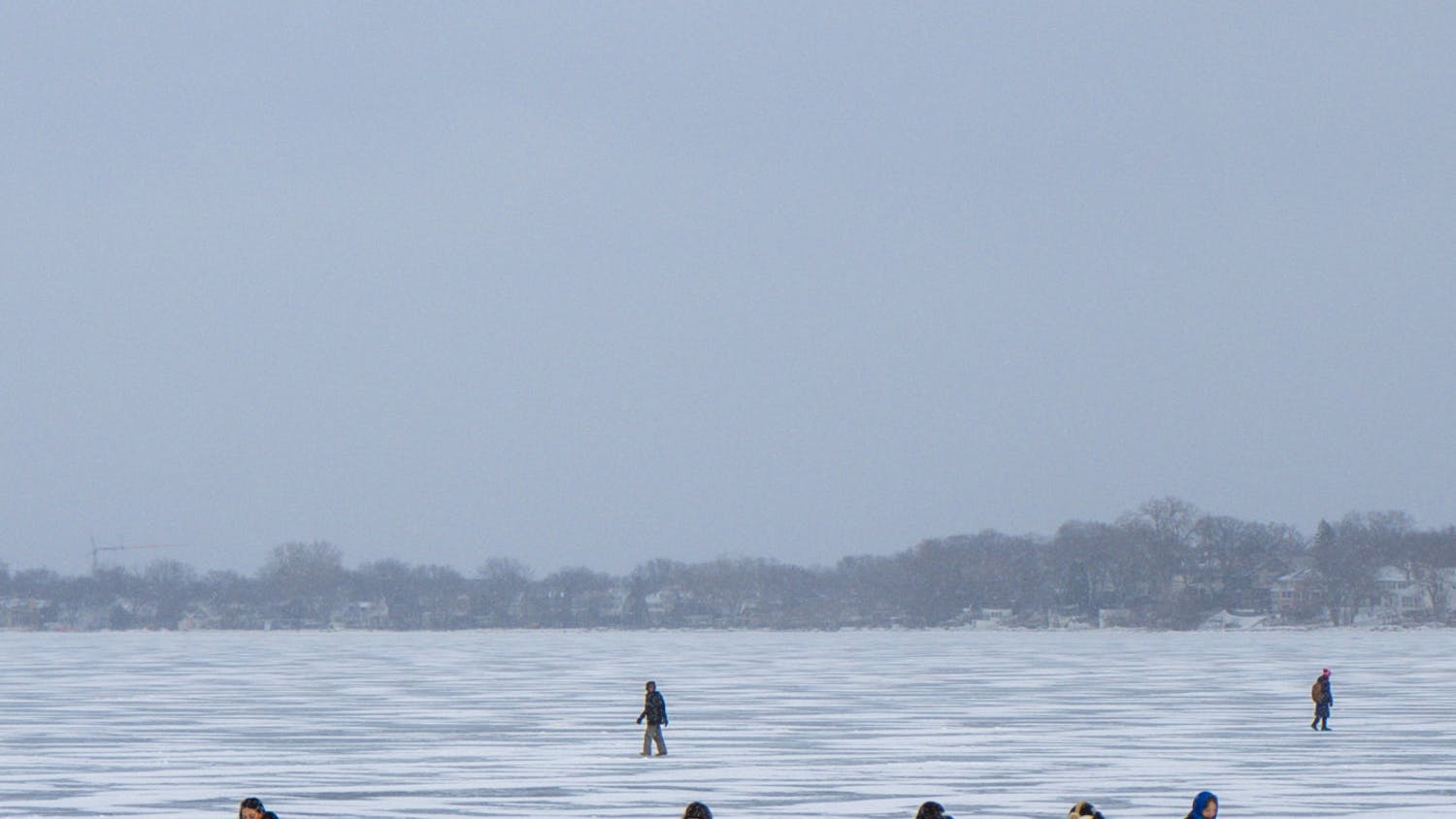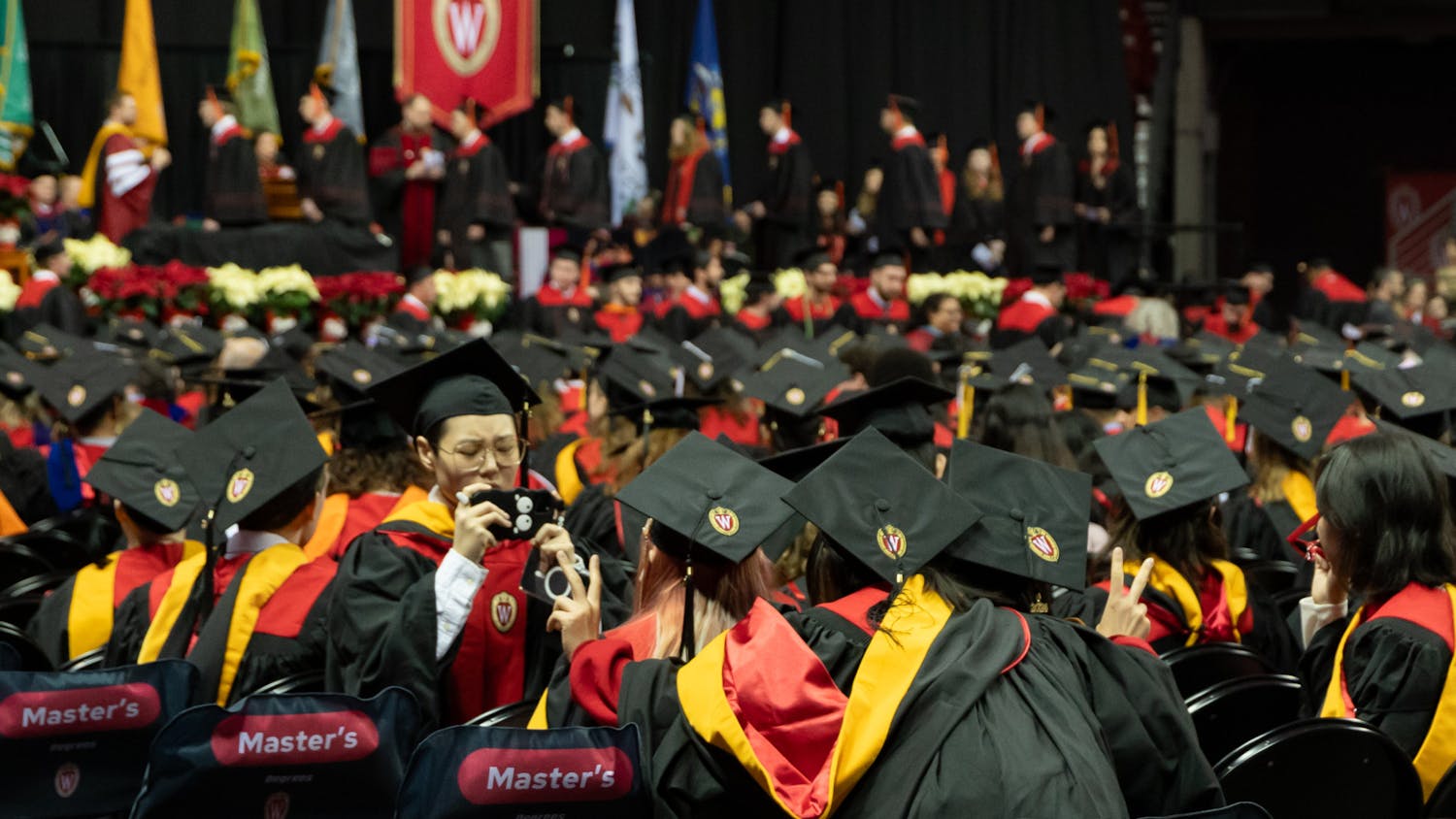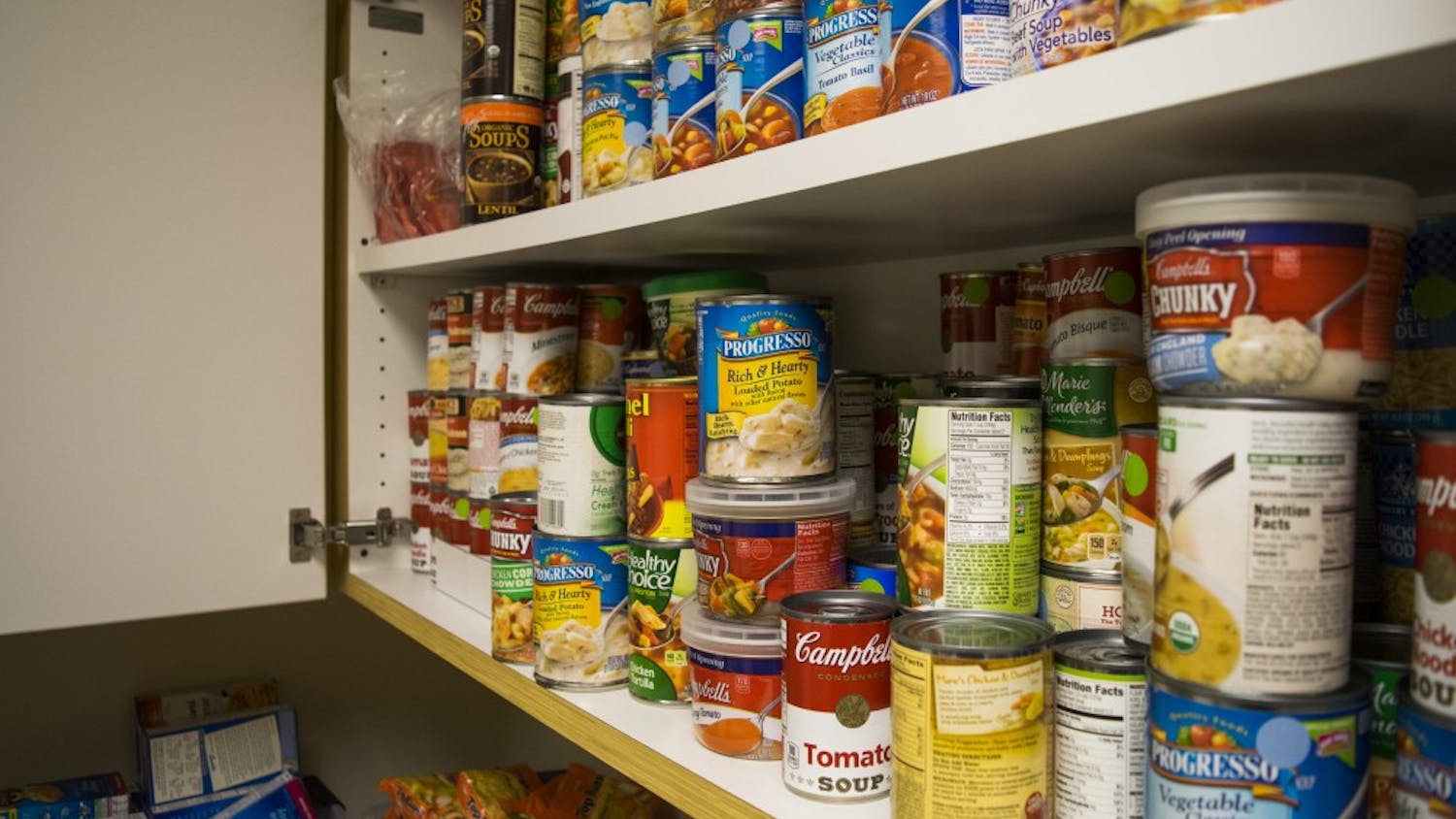For more than a decade, UW-Madison has stood at the forefront of stem cell research. Discoveries by researchers scattered across the university have helped advance scientific understandings of stem cell function and ways stem cells might someday be used to treat a myriad of diseases.
With growing national and international competition, the university recently announced the establishment of a new campus center that will connect all campus researchers with an interest in stem cell research.
The new Stem Cell and Regenerative Medicine Center will pool together the talents of many UW-Madison researchers and promote campus-wide collaboration. Center co-Directors Timothy Kamp and Clive Svendsen said the new center will increase education and outreach opportunities for students and community members, and help move stem cell research from campus laboratories to clinical treatments.
Under specific laboratory conditions, stem cells will reproduce indefinitely, often yielding multiple cell types. In the future, scientists hope to use the cells generated by stem cells to replace diseased or aging cells and to regenerate damaged tissues. However, because stem cells are finickyA-—often refusing to start or stop replicating—stem cell researchers have far to go before they can use stem cells for clinical treatments.
Collaboration among scientists is crucial to developing therapeutic applications for stem cells.
""The challenges of bringing the basic discoveries in stem cell biology to clinical applications are immense and outside the range of any one laboratory,"" Kamp said in an e-mail. ""It will take collaborative, interdisciplinary teams to help bring the promise of regenerative medicine to reality.""
Clive Svendsen estimates that approximately 50 UW-Madison faculty members study stem cells.
""Researchers cover everything from the stem cells of [worms] to the ethics of stem cells,"" Svendsen said. ""The diversity of the researchers gives the center and UW-Madison strength and helps to create a balanced portfolio.""
While the new center does not have a central building, it has already started providing services to scientists who need a jump-start in stem cell research. Stem cell scientists, or other scientists with an interest in expanding their own research to explore stem cells, can apply to the center to use resources and necessary equipment from the new center.
""For a scientist who doesn't already have research dedicated to stem cells, but is looking for a way to get started, [the center] will provide a way to get into the field,"" Svendsen said.
The center also hopes to encourage UW-Madison students to become more involved with stem cell research. Currently, Svendsen is working on plans to create a new stem cell graduate program and more undergraduate courses at UW-Madison.
While Svendsen fears some students may be turned away from stem cell research due to the ongoing political and ethical debates over stem cells, he said he feels enthused by what UW-Madison faculty can offer to students.
""UW has a strong community for teaching,"" Svendsen said. ""With such a cohesive group of researchers, students could be trained in everything from the basic biology to the ethics [of stem cells.]""
This fall, Svendsen and other leaders in stem cell research at UW-Madison will be offering a course called ""Fundamentals of Stem Cell Biology,"" which will offer a well-rounded perspective on both the ethics and science of stem cells.
""The future of stem cell [research] depends on young scientists,"" Svendsen said.
The Wisconsin community can also expect to reap the benefits of the new center. The center will work to improve public outreach on stem cells and regenerative medicine.
""Eventually, we hope to be able to offer better medical care and powerful new treatments to the community,"" Kamp said.
Despite political hurdles to obtain federal funding for embryonic stem cell research, Kamp believes that stem cell research in the United States and Wisconsin remains strong and competitive.
""Stem cell research is alive and well at UW-Madison,"" Kamp said. ""What we have is the most precious resource possible in this new and rapidly expanding field—the faculty and scientists that are leaders in the field.""





